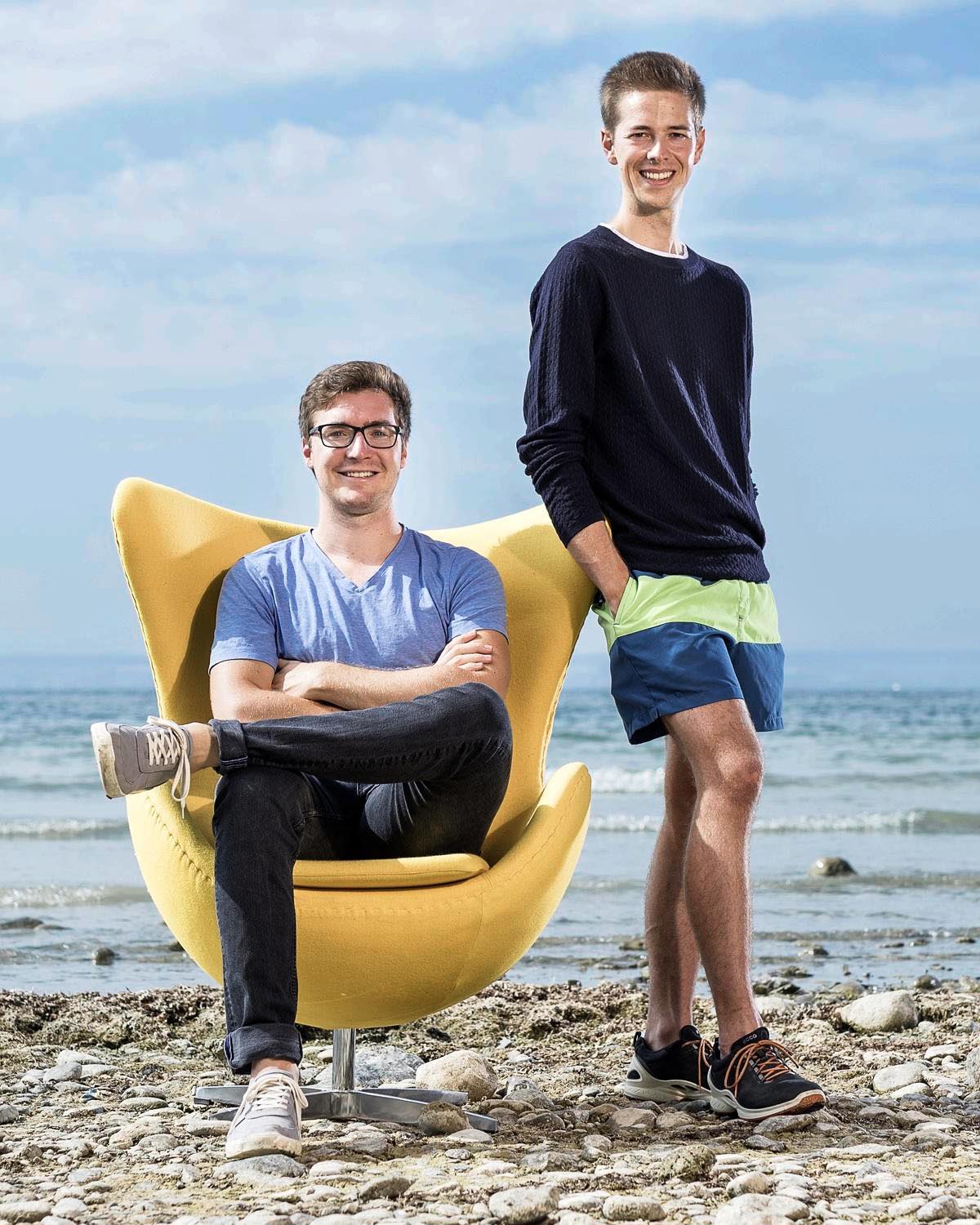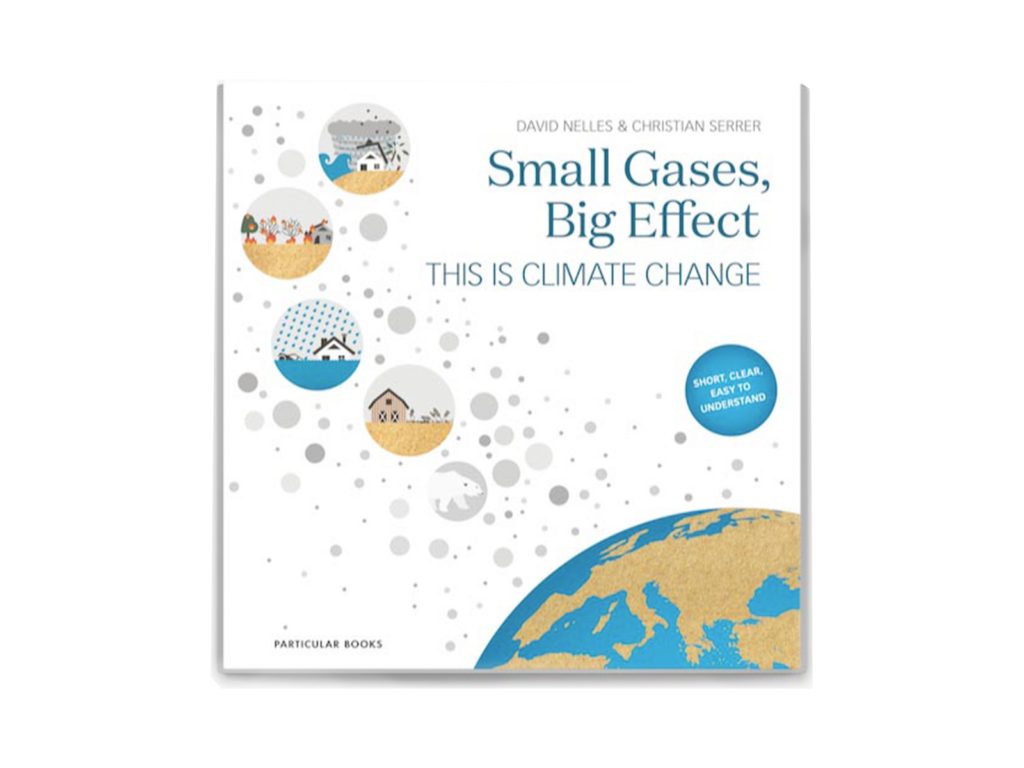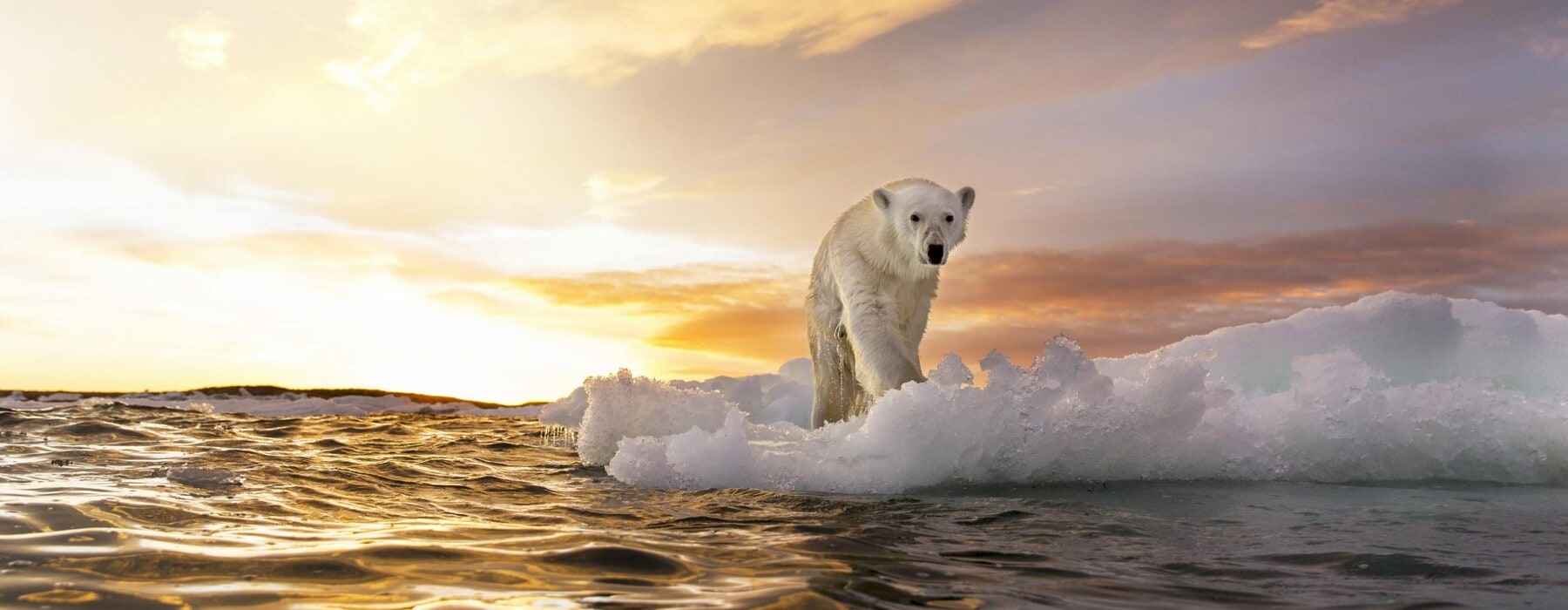At a time when it feels as though everyone’s shouting and no one’s listening, two 24-year-old German economics students have written a little book that’s a precise, rational explanation of climate change, complete with homemade diagrams. It’s become a surprise bestseller – and is changing minds.
In a time of violent passions, when we are buffeted climate sceptics and deniers, who say, ‘Yeah, OK, I guess from all sides by appeals to panic about man-made climate change or arguments from those who see it as a giant hoax concocted by China, moderation feels like a virtue from a lost era.
Yet there is another, gentler way of doing things. Small Gases, Big Effect, a short book in which two 24-year-old German economics students set out the scientific basis for global warming with admirable simplicity and factual sobriety, has lorded it over the bestseller lists in Germany and will be released in New Zealand in July, although the e-book is already available.
It’s found its way into more than 350,000 German homes, been read by Germany’s agriculture minister, Julia Klöckner, and at least 37 MPs in the Bundestag. It’s a set text in universities, engineering conglomerates and the European Central Bank. Yet the most remarkable thing about it is that, in an age of inexorably hardening political battle lines, it is really changing minds.
“Actually, quite a lot of climate deniers have got in touch over email, even a couple of German politicians,” David Nelles, one of the authors, says. “I did promise I wouldn’t reveal which. But one of them rang me personally on my mobile. I was totally taken aback. He said he just couldn’t see before that climate change was man-made – it had never been plausibly explained to him and he’d always been annoyed by the hysteria in the debate.
“But he said that when he read our book it was the first time he’d recognised the thread of an argument that … put everything in its proper place and laid down the facts. And that’s exactly how we’ve got through to that’s just physics. It’s so clearly explained that you can’t really fault it.’”
Perhaps it all comes down to the German emphasis on Sachlichkeit, the notion that you should at least try to look as though you’re analysing matters dispassionately.
Small Gases, Big Effect contains no rains of blood, no tidal waves engulfing Los Angeles and no injunctions to revolution. What it does contain is unobjectionable facts, set down in sparse prose, with lots of homemade diagrams.
“The feedback we’re getting is that in the current age of fake news, people long for a reliable source of information,” says David’s co-author, Christian Serrer. “At the start we didn’t think the whole thing would be such a success. But people have been tearing the book out of our hands. It’s just this sober way of conveying information, without an opinion, objectively showing how things are. The situation is serious enough that you don’t need to wax lyrical about it or pump up the drama.”
David and Christian are both students at the University of Friedrichshafen, on the shores of Lake Constance near the Swiss border. But while Germany was in its long Covid-19 hibernation they were stuck at their family homes – David in the countryside near Koblenz and Christian at the southern end of the Black Forest, near the Swiss border.

Over a Zoom call from their bedrooms the two young men are friendly, precise and thoroughly at ease, sometimes finishing each other’s sentences. Everything about them seems to be carefully thought through: they’re both in long-term relationships; both planning to become full-time climate advisers after they finish their degrees; both saving up what little money they’ve made through the book for their future projects.
As students it was clear to us that if everyone was going to be able to afford a copy of the book it couldn’t be expensive. So we decided that our book wouldn’t cost more than a pizza.. We self- published and sold it for €5 a copy, so we haven’t made a lot of money from the sales.Christian and David are scrupulously polite about Greta Thunberg and her Fridays for Future movement. They’re glad that she’s doing what she’s doing, they say, but they’ve set themselves a different task. They’re warier of Extinction Rebellion, one of whose British founders, Roger Hallam, offended a lot of people in Germany by describing the Holocaust as “just another f***ery in human history”.
“In my opinion they’re really quite radical in certain ways, although not across the board,” David says. “But with this radicalism you scare people off, even when they have quite a positive attitude towards protecting the climate. You’ve got to be really careful that you don’t push people too hard.”
The book contains many lessons most people under the age of 40 will have learnt in primary school. But there are also flickers of cutting-edge science that have the capacity to shock. We read a lot about how the Arctic ice sheet is shrinking, for example, but not so much about how it is thinning. Below the surface, invisible to most of the cameras on satellites orbiting far above the Earth, the ice is wasting away at an astonishing rate. At its late-summer minimum the volume is now less than a quarter what it was in the 1970s.
“To picture the quantity of ice that has been lost,” Christian and David write, “imagine all of Germany covered by a sheet of ice 33.5m thick.”
Climate change is also warping the rhythm of the seasons. The typical German winter lasts only 103 days, compared with 120 half a century ago. Spring and autumn have grown correspondingly longer.
You can almost watch some of these effects unfolding in real time. Back in the 1960s the tiger mosquito, which ferries around exotic tropical diseases such as dengue fever and the zika virus, was largely stuck in South-east Asia. Today, as Europe warms, it has set up shop across Italy, with outposts as far north as Strasbourg and La Rochelle in France. It has also been sighted on the North Sea coast of the Netherlands.
These changes are a particularly touchy subject in Germany. The country has the world’s largest green party, which is quite likely to become part of the next government, but it also has a vocal minority of climate deniers and a lot more people who are reluctant to stop buying cheap pork from their local supermarket and driving their petrol-guzzling BMWs.
These are precisely the people the book is supposed to reach. “We don’t want a planned economy like you have under communism,” David says. “We just want a plan so that people, and above all businesses, know where things are going, that we need certain technologies and innovations, and that investing in them will pay off.”

TEXT VIA OLIVER MOODY / THE TIMES / NEWS LICENSING. PHOTOGRAPHY: GETTY & ALAMY.








